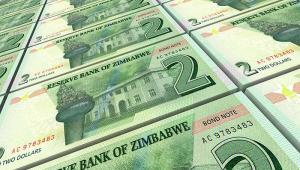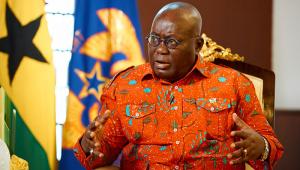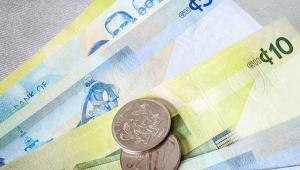By Judith Ugwumadu | 7 October 2013
Ghana’s vice president today called on teaching unions to exhaust all channels of negotiation before going on strike.
Teachers in Ghana have held a series of strikes this year over outstanding pay and allowances. But Paa Kwesi Bekoe Amissah-Arthur said continuing with talks would create ‘tranquillity’ within the education sector, helping pave the way for effective planning and development.
Speaking at a teaching awards ceremony in Ghana, Amissah-Arthur confirmed that the government would maintain an open door in dealing with teaching unions.
In the last four years, the Ghanaian government had introduced reforms in the education sector to achieve quality teaching at all levels, Amissah-Arthur said.
These changes include the Auto Scheme, which helps teachers buy cars tax-free and at affordable rates. This had contributed significantly in boosting their morale, he added.
Also, some colleges are to be upgraded to ‘tertiary status’ (universities), while around ten colleges will be built to focus on the training of early years teachers, he continued.
The government has also received proposals from teacher unions for assistance to provide affordable housing for their members.
Amissah-Arthur said the government would make more funds available through the Public Sector Home Loan Scheme being operated through the HFC Bank.
He added that the government would contribute its share towards the welfare of teachers, and in return expects the teachers to take the lead in providing quality education.
Meanwhile, Seth Terkper, Ghana’s minister for finance and economic planning, has said the performance of the country’s economy and preparations for the 2014 budget demonstrated that the government was on a ‘firm path’ to dealing with short-term fiscal challenges.
Speaking in Accra last week, Terkper said the country’s debt was sustainable with a moderate degree of debt distress.
Ghana’s total public debt had increased to $190.4m at the end of June (43% of gross domestic product). This represented an increase of 5.2% from the end of 2012.













